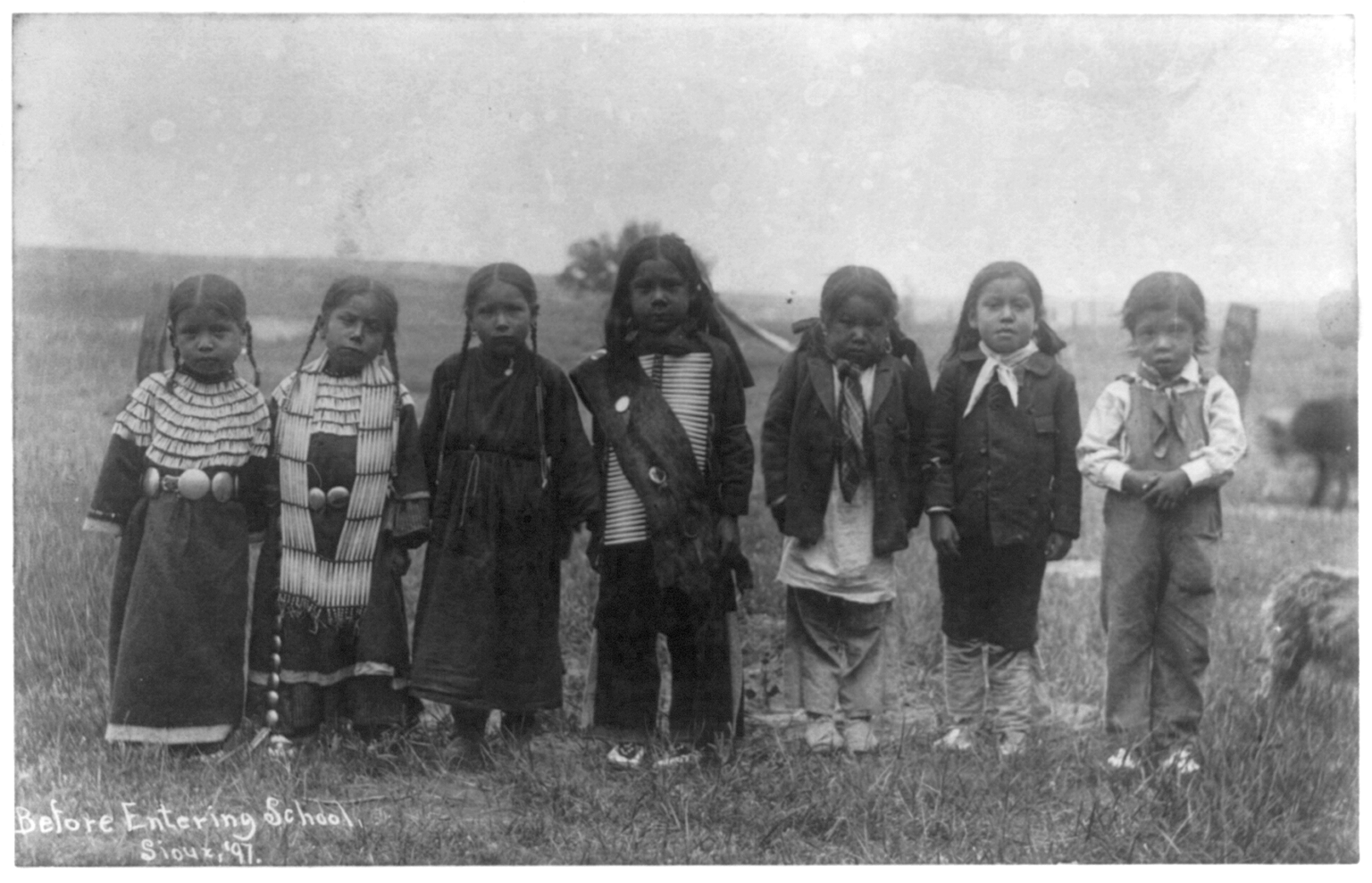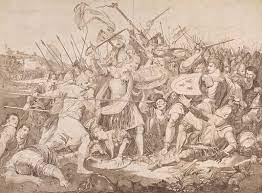We have retold the stories of the Second World War without pause since it drew to a close in 1945. Films are an increasingly important way in which we remember the Second World War. But yet, these films, while engrossing in character and wildly popular, do not always reflect how the Second World War actually panned out. For the eagle-eyed historian out there, it’s incredibly intriguing to look into how these films may or may not reflect reality. War films are indeed not documentaries; they are made for the purpose of entertainment, with artistic licenses being taken for dramatisation. When we analyse these films, it is imperative we do not devolve ourselves into nitpicking historical details, but rather look at broader historical narratives and how they may influence our perception of the war.
Ashura and the Power of the Martyr: How Ritual Mourning has Preserved and Strengthened Global Shia Identity, By Kane Carlile
The Islamic holiday of Ashura takes place on the tenth day of Muharram, mourning the death of Husayn ibn Ali, the grandson of the prophet Muhammad and third Shia Imam who died at the Battle of Karbala in 680. The events leading up to and including Husayn’s death solidified the split between Sunni and Shia Islam, with Shias believing the legitimate Islamic Caliphs should be descended from Imam Ali, who ruled as the fourth and last of the Rashidun Caliphs and was the cousin of Muhammad.
Problems with the Study of “Native American History”, By Mike Jennings
In light of this November being Native American History month, it is fitting to reflect upon the unique challenges that writing the history of Indigenous Peoples evokes. It is important to consider Donald Fixico’s observation that “obtaining a tribal viewpoint” is mandatory for writing a more balanced history of Indigenous Peoples. However, in a field Continue Reading
The Battle of Agincourt in Historical Memory, By Gareth Lewis
The story of the Battle of Agincourt follows the age-old narrative of the beloved underdog rising against the odds. A legacy of victory and glory would become synonymous with Henry V after this epic episode in medieval history. An idyllic tale of knights, courage and king; it is recounted even in modern memory, but how honest is it?





